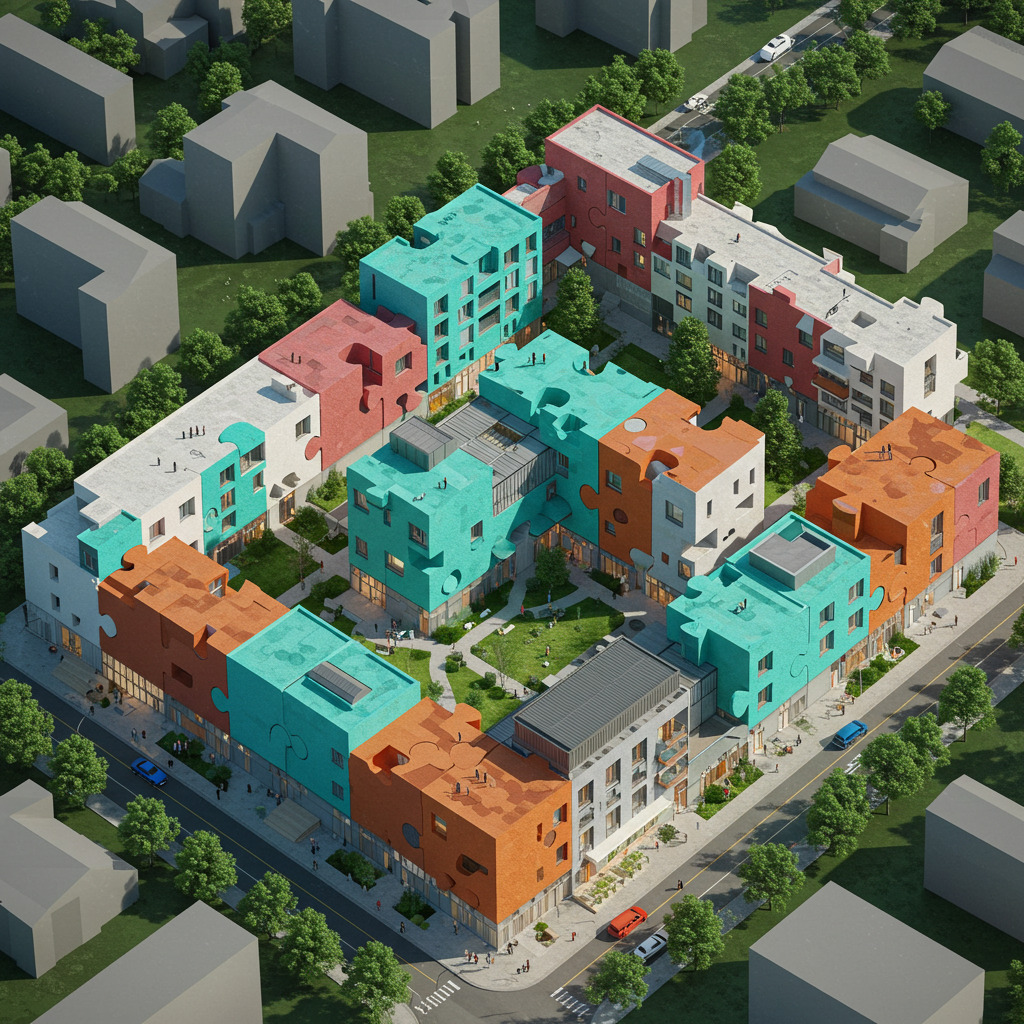
The Affordable Housing Challenge
The prevalence of informal settlements highlights systemic issues in housing accessibility and urban development. Residents in these areas often lack basic services such as clean water, sanitation, and electricity, leading to adverse health and social outcomes. The scarcity of suitable land further complicates efforts to provide adequate housing, as developers must navigate environmental constraints and legal complexities related to land ownership and use.
The Multidisciplinary Approach
Multidisciplinary engineering firms are uniquely equipped to address these challenges through a holistic approach that encompasses various engineering disciplines, including civil, structural, environmental, and electrical engineering. This integrated methodology ensures that all aspects of housing development are considered, leading to more efficient and sustainable solutions.
Innovative Design and Construction
One of the primary contributions of multidisciplinary firms is the design and construction of low-cost, sustainable housing. By utilizing alternative building materials, such as recycled components, and incorporating renewable energy sources like solar panels, these firms can reduce construction and operational costs. This approach not only makes housing more affordable but also promotes environmental sustainability(Browne, 2023).
Infrastructure Development
Beyond individual housing units, multidisciplinary firms play a crucial role in developing the necessary infrastructure to support sustainable communities. This includes designing and implementing water treatment and management systems to provide clean water, as well as waste management solutions to handle sewage and refuse. By addressing these essential services, engineering firms help create livable environments that improve residents' quality of life (Browne, 2023).
Land Use and Urban Planning
Effective land use management is critical in overcoming the challenges associated with limited suitable land and complex land tenure issues. Multidisciplinary firms can assist in urban planning efforts, ensuring that housing developments are strategically located and designed to maximize land use efficiency. This includes conducting environmental impact assessments and engaging with local communities to address land tenure concerns, thereby facilitating smoother development processes (Lewis, 2008).
Case Study: SMEC South Africa
SMEC South Africa exemplifies the impact of a multidisciplinary approach in addressing infrastructure challenges. With over 70 years of experience, SMEC has been instrumental in developing iconic projects across the country. Their commitment to evolving thinking, approaches, technologies, and systems has enabled them to provide innovative solutions tailored to South Africa's unique needs. (SMEC, n.d.)
Policy Advocacy and Collaboration
Multidisciplinary firms also play a vital role in advocating for policies that support affordable housing development. By collaborating with government agencies, non-profit organizations, and private developers, these firms can influence policy decisions and promote initiatives that facilitate housing accessibility. This collaborative approach ensures that housing solutions are not only technically sound but also socially equitable and aligned with broader societal goals.



